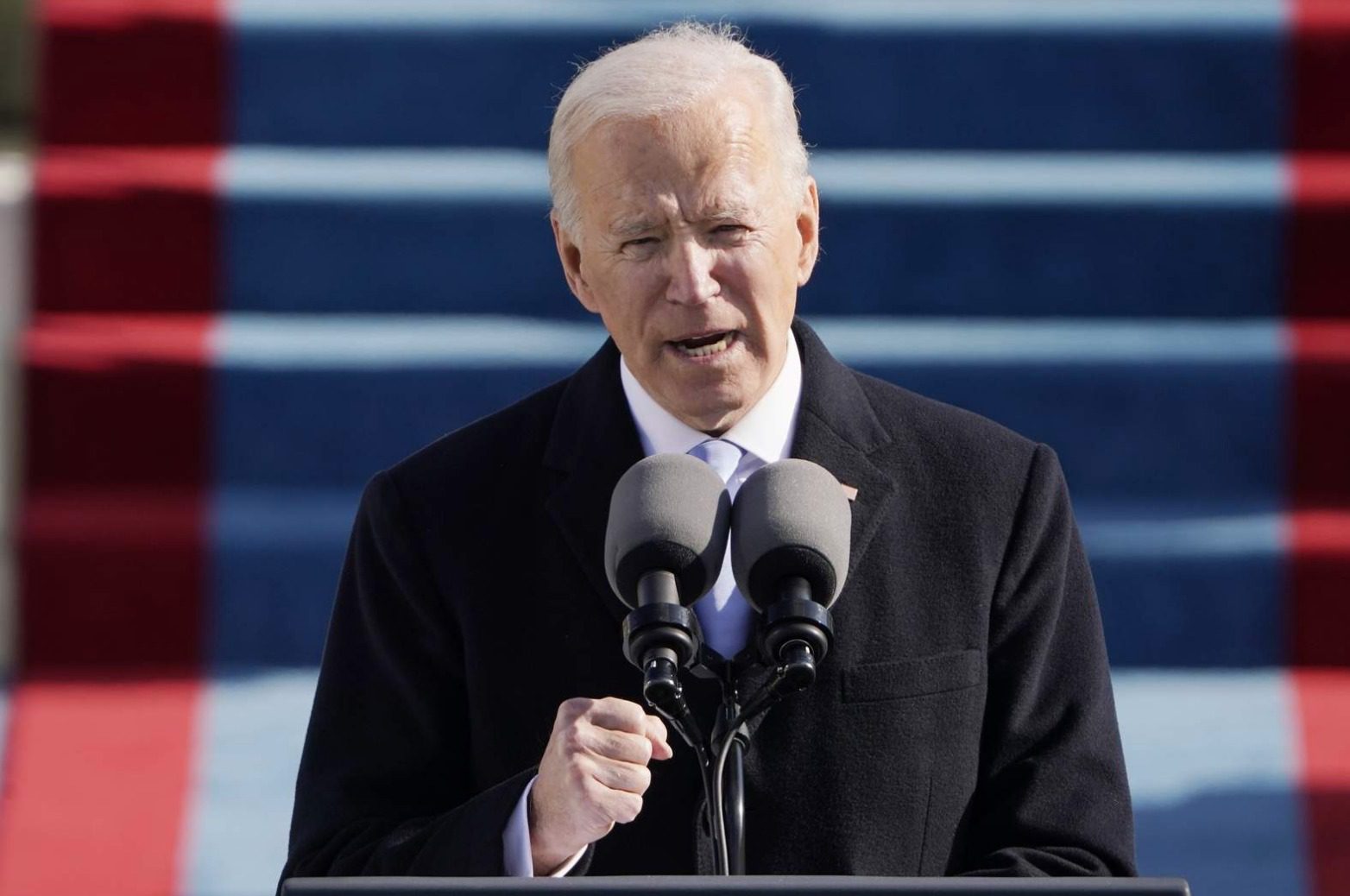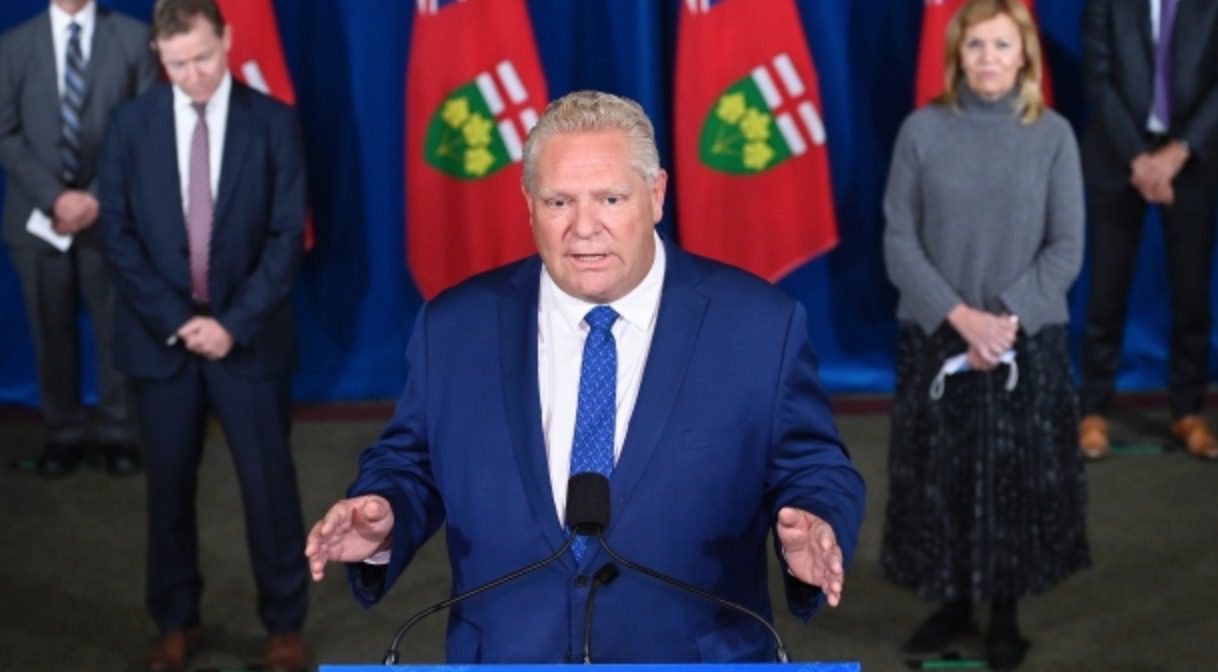As the death toll from COVID-19 climbed, as the economy struggled and the planet warmed, Americans gathered a fortnight on from an insurrection to swear in a new president.
"We did not feel prepared to be the heirs
of such a terrifying hour
but within it we found the power
to author a new chapter….
Now we assert
How could catastrophe possibly prevail over us?
We will not march back to what was
but move to what shall be…."
The break-out star of the inauguration of President Joe Biden was a twenty-two-year-old poet, Amanda Gorman, who captured the idea that democracy is a verb, one we must earn.
As The New Yorker suggested, "Democracy…is an aspiration—a thing of the future."
The inaugural address itself — and frankly the entire day, from the twilight memorial service to the morning mass to the evening's concerts — felt like a gentle balm from a parish priest as president.
The young senator who came to the capital nearly a half century ago, who was known as a talker, a self-confessed "gaffe machine", used sparing words to simple but solemn effect. His message was one of unity and, in their own way, his words were healing.
The simplicity of the commonplace felt reassuring; a press briefing — calm, not combative, occasionally dodging but never belligerently so — felt like a relief after four years of vitriol, viciousness and vile behaviour. We faced a real trauma, awakening to fresh hell unleashed on Twitter, children in cages, rights upended, racism glorified and the rule of law abased.
As former President Bill Clinton once said, "there is nothing wrong with America that cannot be fixed by what is right with America." A woman — a biracial Black woman at that — sworn in to the second-highest office in the land became a fitting symbol of that sense of progress correcting the errors of the past.
As Gorman said, today:
"…being American is more than a pride we inherit
It's the past we step into
And how we repair it…
So let us leave behind a country
better than the one we were left with."
She quoted from Hamilton — "For while we have our eyes on the future, history has its eyes on us" — and The Bible, and even paraphrased the "skinny Black kid with a funny name" who became a president.
But for me, it was her reference to TH White's The Once and Future King retelling of the Arthurian legend, which invoked the Second World War — "Might does not make right! Right makes right!" — that hit home:
"…one thing is certain;
If we merge mercy with might,
and might with right,
then love becomes our legacy…"
After four long years, the elderly president — priestly, simple — reassured us but the young poet compelled us forward:
"When day comes we step out of the shade,
aflame and unafraid,
The new dawn blooms as we free it.
For there is always light,
if only we're brave enough to see it.
If only we're brave enough to be it."
Photo Credit: KSAT 12








